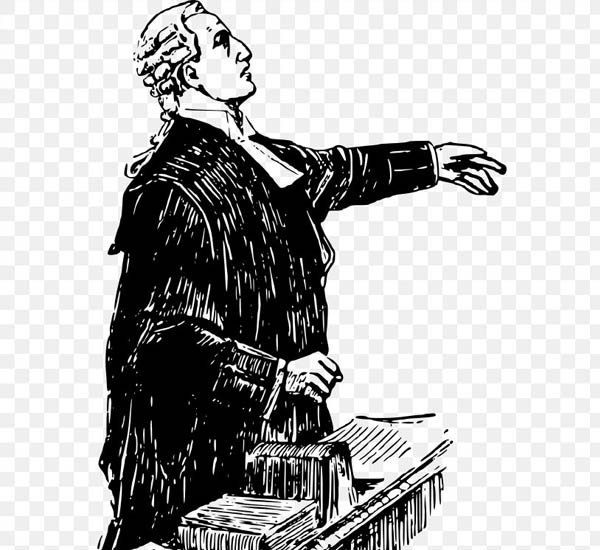
Barrister
Nazar Mohammad
Nazar is a barrister with a diverse practice spanning civil, commercial, family, and immigration law.

Barrister
Joseph Chiffers
Joseph is a barrister with the right to conduct litigation and to accept public access work. He specialises in civil and commercial litigation.

Barrister
Muhammad Umar Malik
Muhammad's practice areas include Commercial, Civil, Family, Immigration and Employment.

Barrister
Nicholas Copello
Nicholas practices in a wide range of civil matters including Commercial, Defamation,

Barrister
Muhammad Imtiaz
Muhammad has extensive experience in Chancery, Commercial and Corporate Law.

Barrister
Janaka Siriwardena
Janaka Siriwardena is a barrister with a diverse practice spanning Civil, Criminal, and Immigration Law
